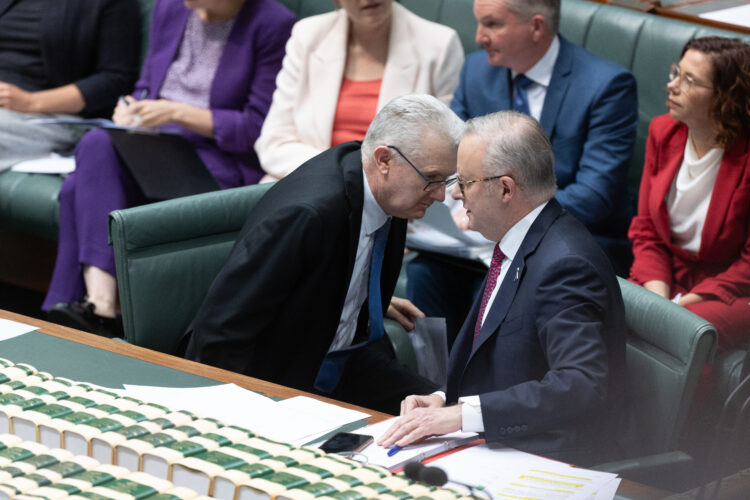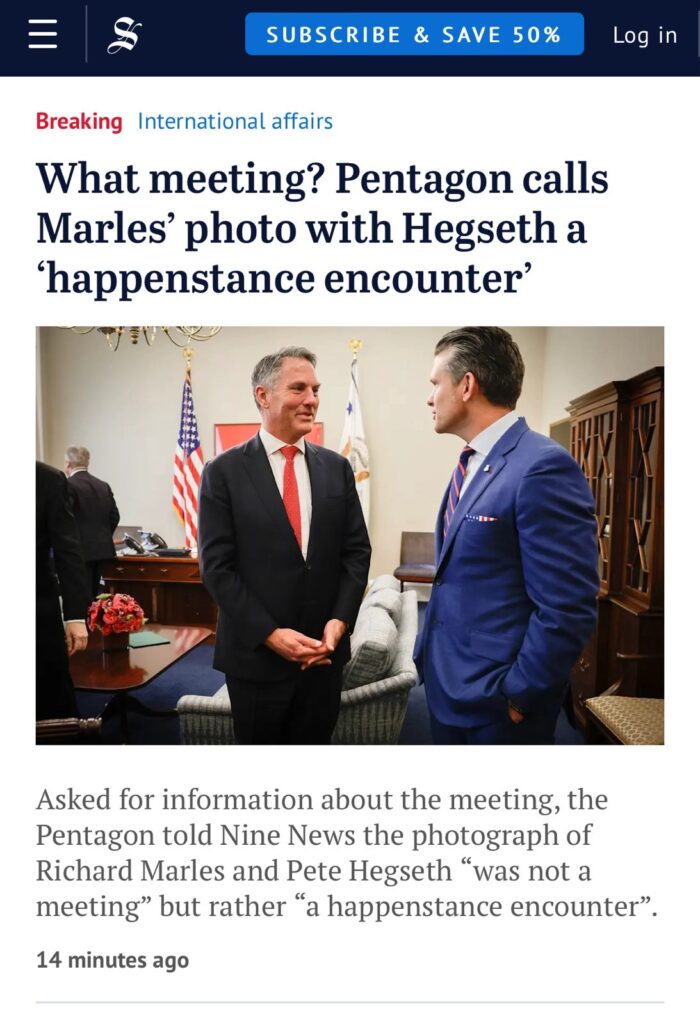Home affairs legislation ‘blantant disregard for the law’
The bill Tony Burke introduced on Monday, with very little fanfare, continues to raise a lot of alarms in legal and human rights spaces.
Human rights groups have come together to condemn the home affairs legislation, which allows for easier resettlement of non-citizens in third countries like Nauru, as “yet another baseless attack on the rights of migrants, refugees and people seeking asylum”.
In a move the organisations say shows blatant disregard for the law, the Albanese Government has
introduced legislation that would strip migrants and refugees of their legal rights when sending them to third countries like Nauru, legislating their way out of cases currently before the courts.The Bill is yet another attempt at rushed law-making, this time stripping protections from migrants and refugees that make sure bungled bureaucratic decisions that affect people’s safety and family integrity can be challenged. It is designed to limit government accountability for making sure those decisions are fair and based in fact.
The Bill also has a retrospective effect – validating incorrect decisions that were made in the past,
preventing the right for these decisions to be corrected. The Bill even allows the government to continue to prosecute criminal charges that were brought as a result of incorrect decisions.
Jana Favero, Deputy CEO of the Asylum Seeker Resource Centre said:
The decisions are serious and lifelong. We are talking about people being permanently deported to
places like Nauru. Decisions like this must not be made without fundamental legal safeguards. This
legislation is clearly designed to manipulate the law so that the Government is not accountable to the courts.”If the idea of people being deported without the ability or right to challenge the decision makes you think of ICE and Donald Trump – you’d be right. The Albanese government is setting a dangerous precedent of removing people’s legal rights to question when the government has made serious mistakes.”


